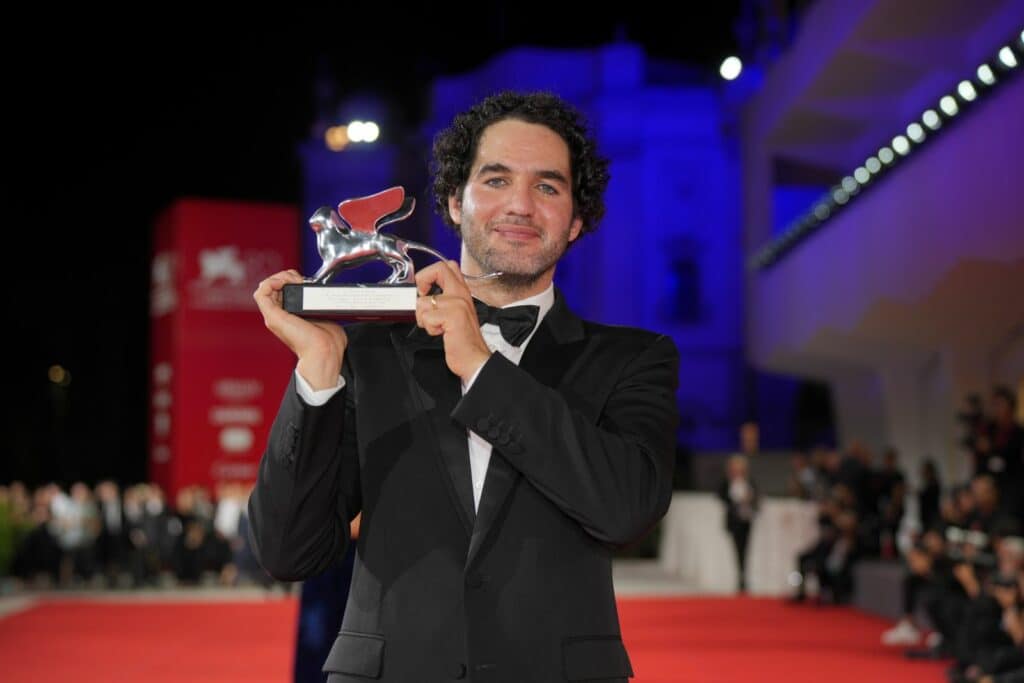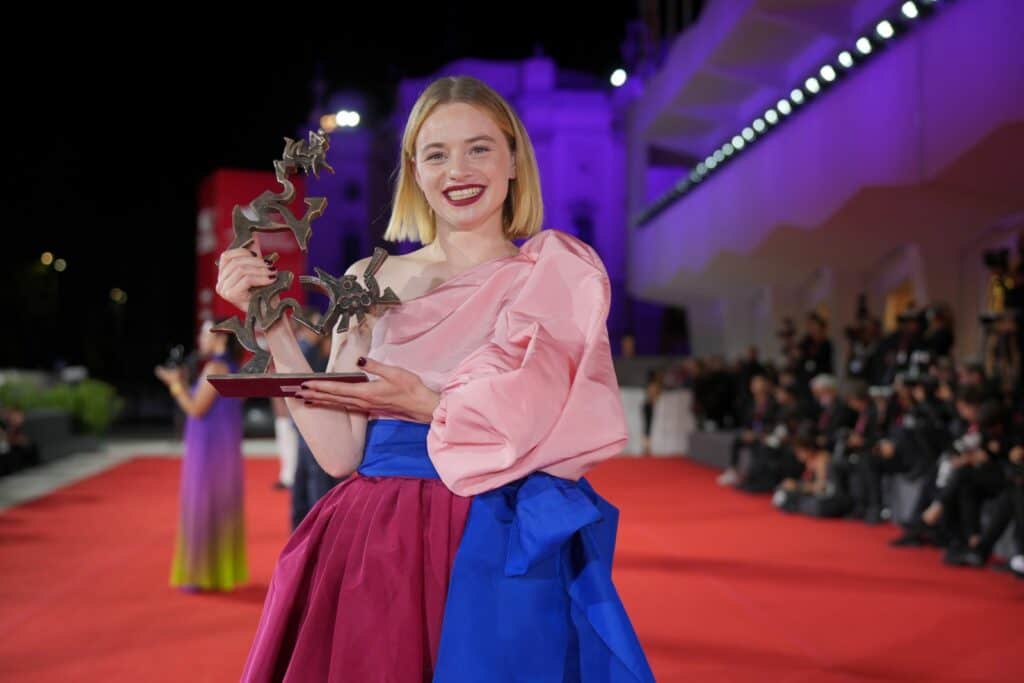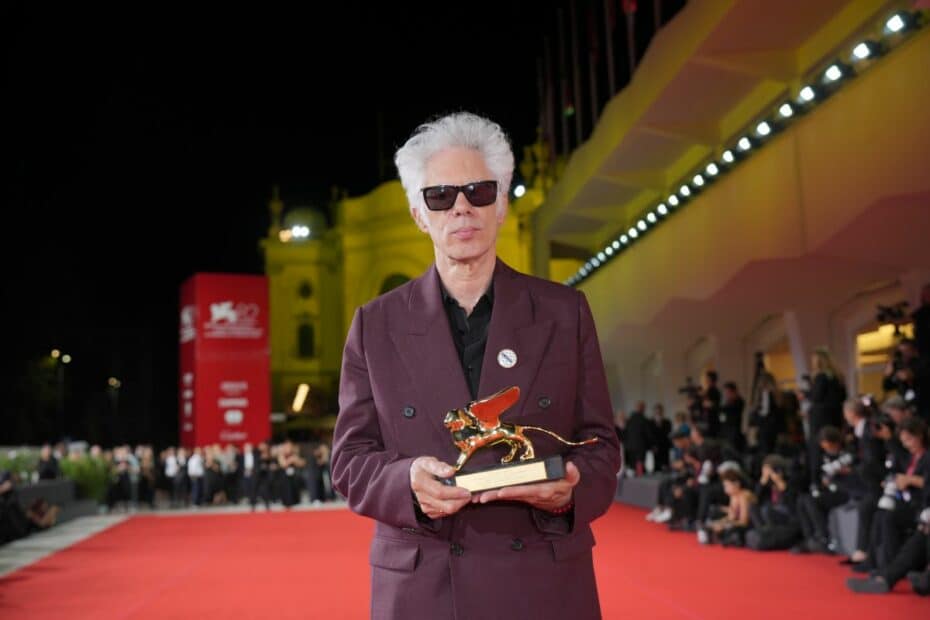On Sunday, the Venice Film Festival Awards 2025 were presented by this year’s jury. Alexander Payne was the jury president, and he was joined by French director and screenwriter Stéphane Brizé; Italian director and screenwriter Maura Delpero; Romanian director, writer and producer Cristian Mungiu; Iranian director and writer Mohammad Rasoulof; Brazilian actress, writer and screenwriter Fernanda Torres; and Chinese actress Zhao Tao. If that doesn’t sound like a promising crowd, little could have prepared anyone for the decisions ahead. In all fairness, it should be said that their task was not easy. It has not been a strong edition, and it was far from evident which one of the 21 films in the competition would be awarded.
The Golden Lion was awarded to Jim Jarmusch for Father Mother Sister Brother. The film has been described in words like minor or pleasant throughout the festival, but nobody seemed to think that this film, which was famously rejected from Cannes, would be involved upon award day.
The same can, unfortunately, not be said about The Voice of Hind Rajab by Kaouther Ben Hania. The film is a highly manipulative work about the titular girl in Gaza, who calls for help after the vehicle she is in has been attacked. The director uses the actual call, blending it with actors playing the staff who accept said call. It has elicited a wave of emotional reactions, which seems to be the main currency in the cultural world nowadays. I spoke with several people who dismissed the director’s tactics, regardless of which side they were on, in the conflict. It ended up winning the Silver Lion Grand Prix.
Venice Film Festival Awards 2025 chosen by a dice?
Alexander Payne stated before the festival that the decisions taken should not be political but artistic. Apparently, that idea was overturned by the rest of the jury. Rumour has it that a rift developed within the jury regarding the film. That might explain the weird Golden Lion winner, like what happened in Cannes in 2015.

Yet another, utterly puzzling decision was the Silver Lion for Best Director. Here, the jury managed to pick a film which didn’t look like it had a director present at all—The Smashing Machine by Benny Safdie. My review of that truly pedestrian film points out some of its weaknesses.
The two acting awards named Coppa Volpi are named after the eponymous count. The female award was presented to Xin Zhilei for her role in The Sun Rises on Us All. The male prize was given to Toni Servillo for his role in La Grazia.
The Award for Best Screenplay was given to Valérie Donzelli and Gilles Marchand for the film À pied d’oeuvre (At Work), and a Special Jury Prize was awarded to Below the Clouds by Gianfranco Rosi.
All of the above choices raise the question of how this could have happened. Swiss critic, Pascal Gavillet, posited an answer that is as reasonable as any other.
The critics who were part of the International Critics Prize (FIPRESCI Prize) brought some degree of sanity to the proceedings by giving their Best Film from Venezia 82 prize to Ildikó Enyedi’s Silent Friend. I am not entirely sure what I think about it yet, but it was easily the most accomplished film in the competition. Luna Wedler from the same film also won the Marcello Mastroianni Award for Best Young Actor or Actress.

The complete list of the awards can be found on the festival’s webpage. The 82nd edition of the festival was a lacklustre affair. The apparent goal to find Oscar winners backfired already last year with the second Joker film, and one wonders what prospects Guillermo del Toro’s Frankenstein and Kathryn Bigelow’s A House of Dynamite will have in that regard. They are both Netflix films, and neither is particularly strong. From an artistic point of view, there is very little to recommend in the competition besides the two Hungarian films. Silent Friend might end up on several critics’ Top 10 lists by the end of the year, but it is difficult to imagine any other Mostra film there.
Stay tuned for more reviews, not least from Orizzonti and the other side sections.
